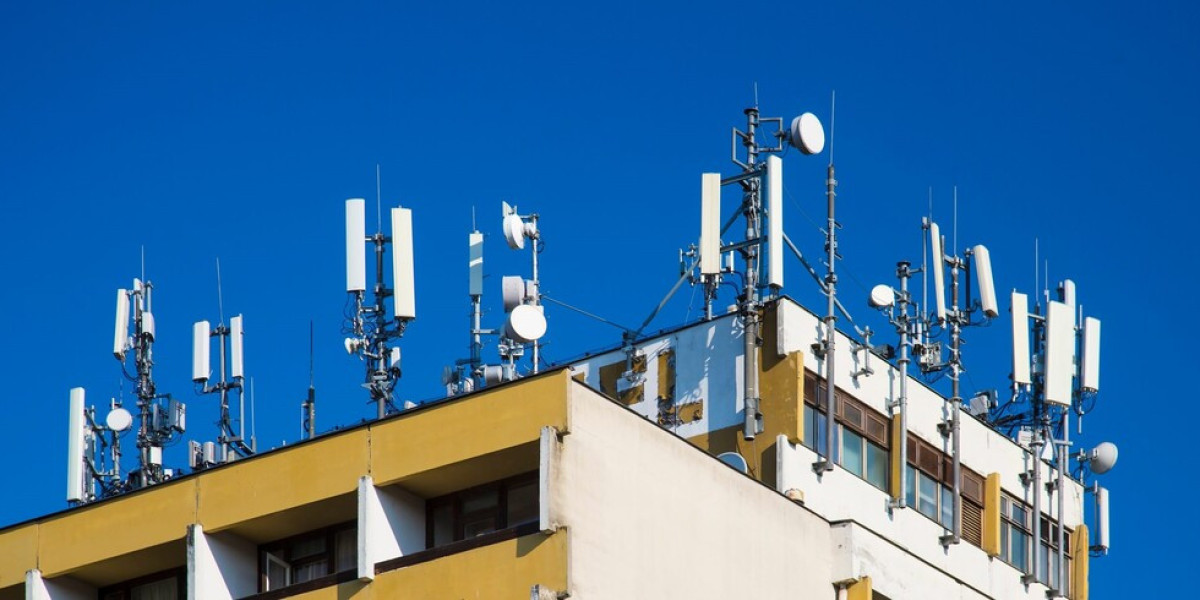However, differing perspectives on the transition process highlight the complexities involved in this monumental shift.
As South Africa steers towards a digital future, major mobile operators Vodacom, MTN, and Telkom are actively engaged in the phased deactivation of the nation's 2G and 3G networks. While embracing the transition towards more advanced technologies like 4G and 5G, these telecom giants are cognizant of the need to ensure uninterrupted connectivity and address concerns surrounding accessibility, particularly in underserved communities.
The Department of Communications and Digital Technologies (DCDT) recently extended the deadline for the shutdown of 2G and 3G networks, providing mobile operators with a revised timeline for implementation. Initially slated for earlier cutoff dates, the switch-off is now scheduled to commence from 1 June 2025, with the final shutdown set for 31 December 2027. This extension offers operators additional time to manage the transition effectively while mitigating potential disruptions to users.
Vodacom, a prominent player in South Africa's telecommunications landscape, emphasizes collaboration with stakeholders and government guidance in facilitating the transition from legacy devices to advanced smartphones. The company underscores the importance of managing the influx of 2G and 3G devices into the market, advocating for tighter control over imports and device approvals to streamline the migration process.
MTN, another leading mobile operator, aligns with South Africa's plan to deactivate legacy networks while prioritizing a seamless experience for its customers. Embracing the DCDT's guidelines and its own Ambition 2025 strategy, MTN actively transitions users to 4G and 5G networks, offering enhanced connectivity and reliability. Despite the anticipated completion of customer migration by the end of 2025, MTN emphasizes the need for a measured approach, with the migration of 2G services following in due course.
Telkom, meanwhile, underscores the importance of responsible network deactivation, particularly in safeguarding connectivity for marginalized communities. While affirming its readiness to phase out 2G connectivity and acknowledging the necessity of transitioning from legacy technologies, Telkom advocates for a cautious approach to avoid leaving certain demographics without vital services. Concerns regarding the affordability of 4G and 5G devices highlight the need for inclusive strategies to ensure equitable access to advanced technologies.
The differing viewpoints among mobile operators reflect the multifaceted nature of the transition process, balancing technological advancement with social inclusivity and connectivity concerns. While the phased deactivation of 2G and 3G networks signals progress towards a more digitally connected South Africa, stakeholders must remain vigilant in addressing disparities and ensuring that no community is left behind in this era of technological evolution.








